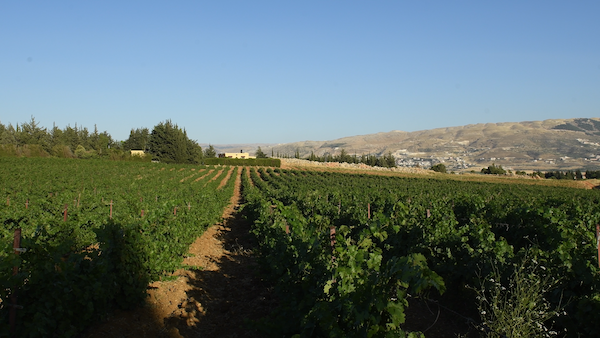This is the updated mission of A Table For Two. You can read about the journey so far here.
Food, in its solid and liquid form, is more than simple subsistence.
The search for a stable food supply has led to the development of agriculture and, as some scholars would argue, our civilization. Without food, our social structures, cultures, and traditions would not exist. Everything has revolved around food: how it’s been produced, prepared, and consumed.
We have been disconnected
Unfortunately, our connection to food has grown more and more distant. Our modern and globalized world brings increased pressure on our lives: efficiency and speed have become paramount. By embracing this ever-faster environment, we have become too busy to think about food, losing touch with our essence, and our human compass.
Today, we are concerned with social status and making money. In our consumerist era, we ask fewer questions, taking for granted what is trendy or promoted. We have become blind consumers.
The 3 pillars
However, some of the major issues we face today are the direct results of our modern societies and globalization. And food holds a particular place as it is at the intersection of 3 of these issues, divided into three pillars:
-
Climate change and environment: how can food production and consumption have a positive impact on our environment?
-
Culture and tradition: how can we produce, distribute and eat food to resist multinationals and globalization pressure to defend our local cultures and traditions?
-
Social, societal, and economic justice: how can a more ecological food system foster a more just society, greater equality, inclusion, and justice?
Redefining Our Relationships
Eventually to tackle these problems, we need to redefine our relationship to food hence our relationships with ourselves, others and the planet.
With Ourselves
What and how we eat has an impact on our health and well-being. Food is not just a commodity, an item picked up on a supermarket shelf. Our food selection is a way to care for ourselves. Many modern diseases are diet related. It’s important to realize that. And to care for ourselves.
With Others
Sharing food is one of the oldest ways to create and strengthen our social bonds. It is an essential part of our culture and civilization. These moments should be cherished. The interruption created by modern technology, and the invasion of mobile phones at the table, all weaken the link we have with others.
It is also caring about who makes the food and where we buy our food. Have you ever wondered who is behind the products you buy? Under what conditions they have been produced? How do these people live? It’s about reconnecting with the food chain, and its people.
With Our Planet
The food industry accounts for about 30% of greenhouse gas emissions. The production methods, including the chemicals used, have a direct impact on soil and water health. It’s all related. We are not removed from the earth. The type of food we consume has an impact on our environment. As there is no planet B, our relationship to food needs to change.
Tension between 2 models
Ultimately, food crystallizes the tensions between two models:
-
On one side, there is globalization with its big agribusinesses, food corporations, major chains, etc. The objective is profit at all cost, leading to less nutritious food, more ecological damages, displacement of local communities, etc.
-
On the other side, there is a more caring, equitable and humane model where people are stewards of the land, protecting the environment, their cultures, traditions, and communities.
The Mission Of A Table For Two
Through our different formats (podcast, documentary, live event, etc.), you will discover the stories of people in the food industry: producers, farmers, chefs, winemakers, hospitality professionals, scientists, activists, and more. Their work will help bring positive answers to the problems we are facing. It is also a way to show that there is hope and that together we can bring about the necessary change.
Ultimately, I hope our programs will make you rethink your relationship with food.
|
Other Writings
|


